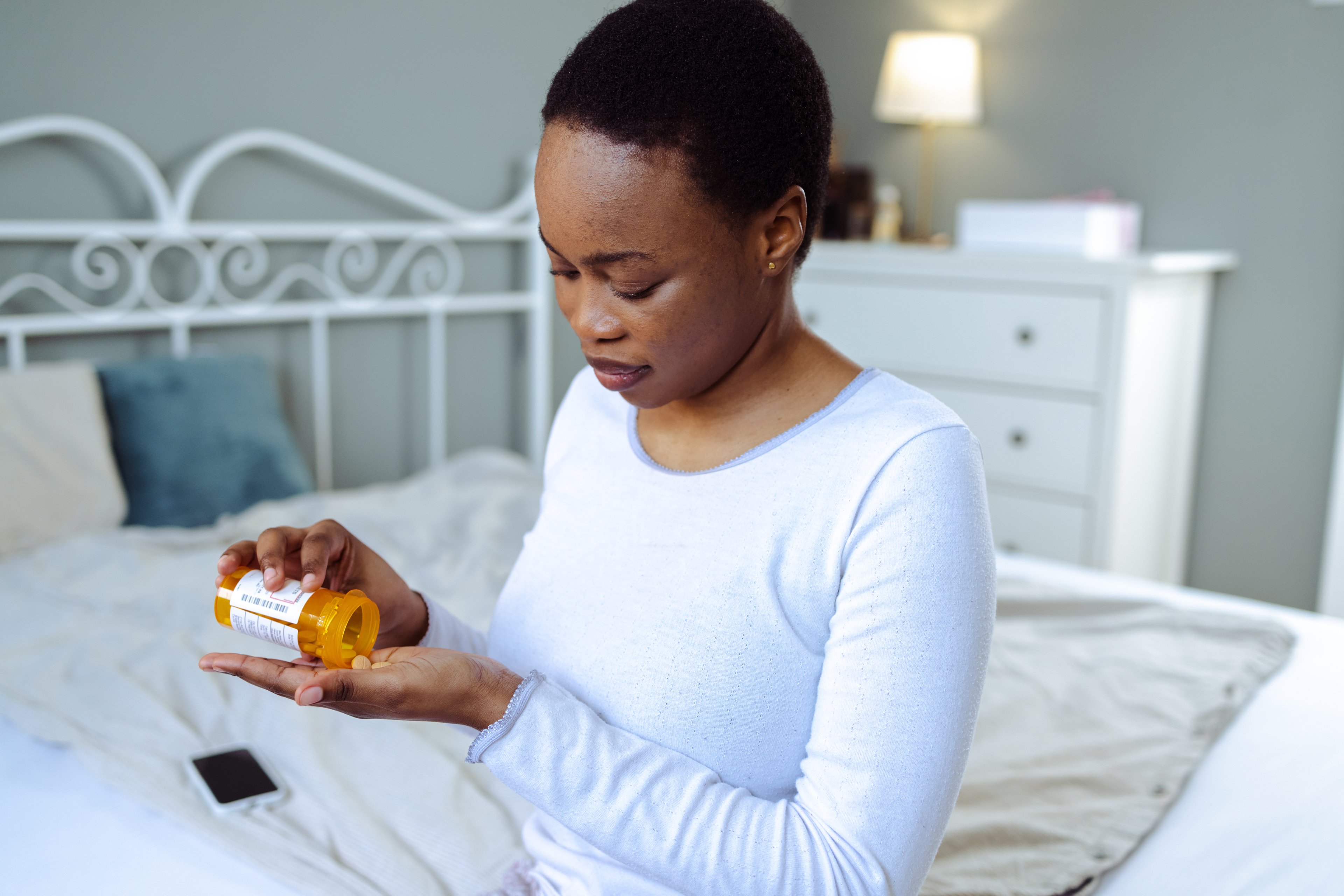AbbVie (ABBV 3.10%) reported fourth-quarter earnings on Friday that were above consensus and the company raised its guidance for 2020. The results suggested that there was life after Humira, its mainstay immunology product, which is the world's best-selling drug.
On a day when the market was down 1%, AbbVie's shares rose 5%. With the stock still trading at a discount to the market multiple and a dividend yield of 4.6%, AbbVie still has plenty of appeal for the long-term investor.

Image source: Getty Images.
AbbVie beat expectations and raised its guidance
AbbVie's results were resoundingly positive. Worldwide revenues rose 5.3% operationally to $8.7 billion despite international Humira sales declining 25% -- excluding this, revenues were up 11%. Adjusted earnings per share (EPS) grew 16% year over year and came in a penny ahead of consensus. And next year's guidance was raised to a range of $9.61 to $9.71 per share, with the midpoint representing an increase of 8.1%.
It's no small wonder, then, that the stock rose as much as it did. For much of last year, AbbVie's shares lagged the overall market. Much of this had to do with concern about Humira, which accounted for up to 60% of AbbVie's sales and a higher percentage of its profits, and which was scheduled to go off-patent in 2023 in the U.S. The company's fourth-quarter results went a long way in mitigating these fears.
Concerns about Humira are exaggerated
Although Humira still accounted for a hefty 56% of sales in the fourth quarter, stronger growth was seen in the company's other drugs. Sales of AbbVie's hematological oncology drugs grew 39% to over $1.5 billion, driven by Imbruvica and Venclexta which combined for $5.5 billion in sales in 2019. In the immunology area, Skyrizi and Rinvoq exceeded expectations and sales are expected to more than triple next year to $1.7 billion. This highlights the company's R&D efforts which, as CEO Richard A. Gonzalez points out, over the last seven years has led to the development of drugs generating $9 billion in sales in 2019.
To further wean its dependency off Humira, AbbVie will soon complete its acquisition of Allergan. Allergan brings with it $16 billion in annual revenue in mostly unrelated therapeutic markets, and is expected to be immediately accretive, contributing 10% to adjusted EPS in the first year. The combined AbbVie/Allergan entity will rank fourth in overall revenues and third in operating cash flow, creating significant scale in an industry where the costs of delivering a new drug to the market is in excess of $2 billion and rising.
This cash flow should suffice in funding further dividend increases. Having grown its dividend 195% since separating from Abbott Laboratories in 2013, AbbVie still has plenty of room to grow it further. And at current yield of 4.6%, the company's dividend is among the highest in the healthcare sector. With the stock trading at half the market price-to-earnings ratio, AbbVie represents a rare bargain in the healthcare sector that is too good to miss.







